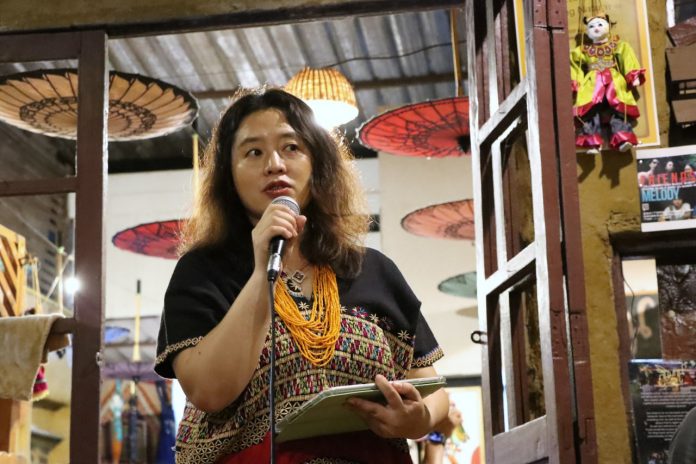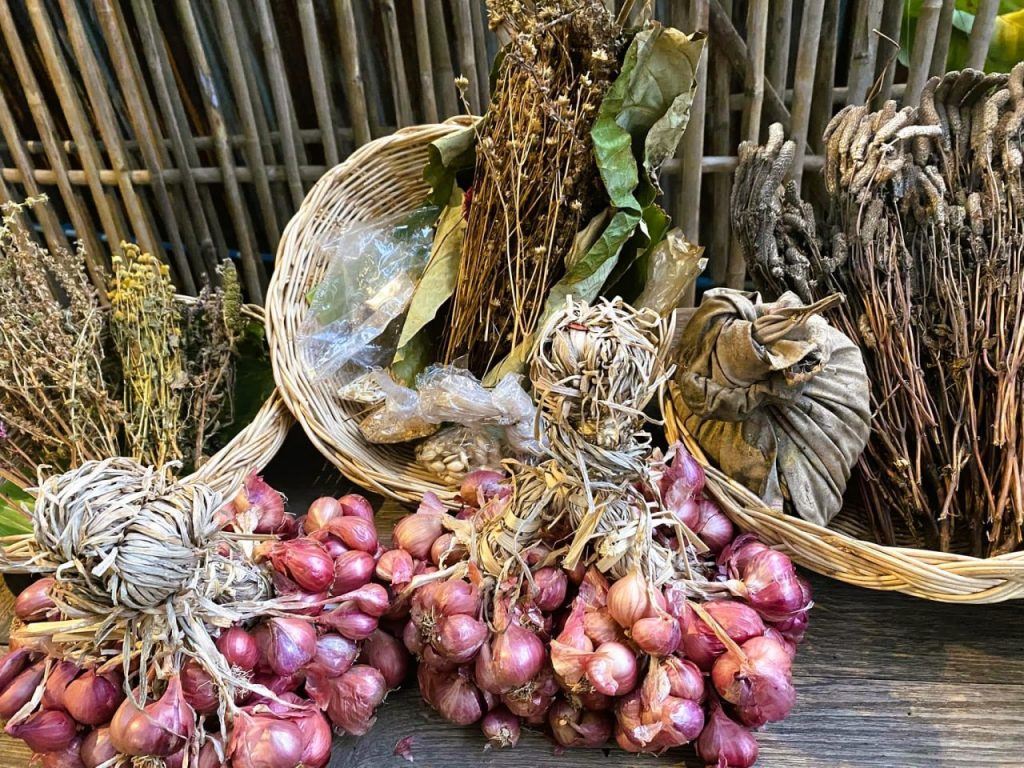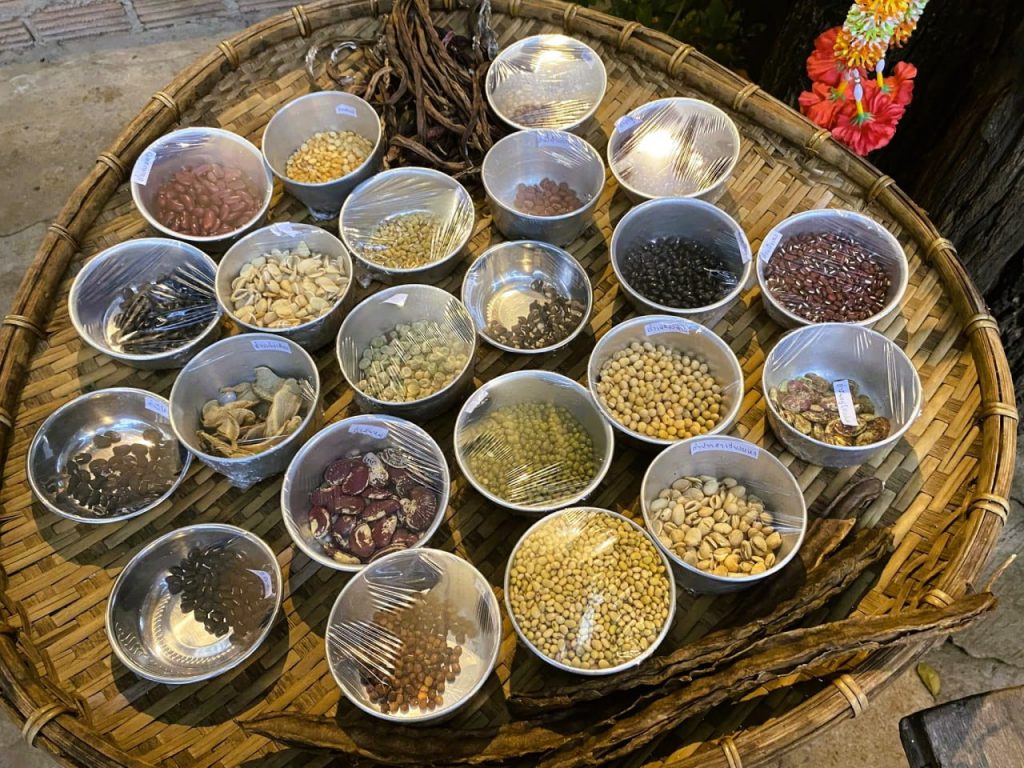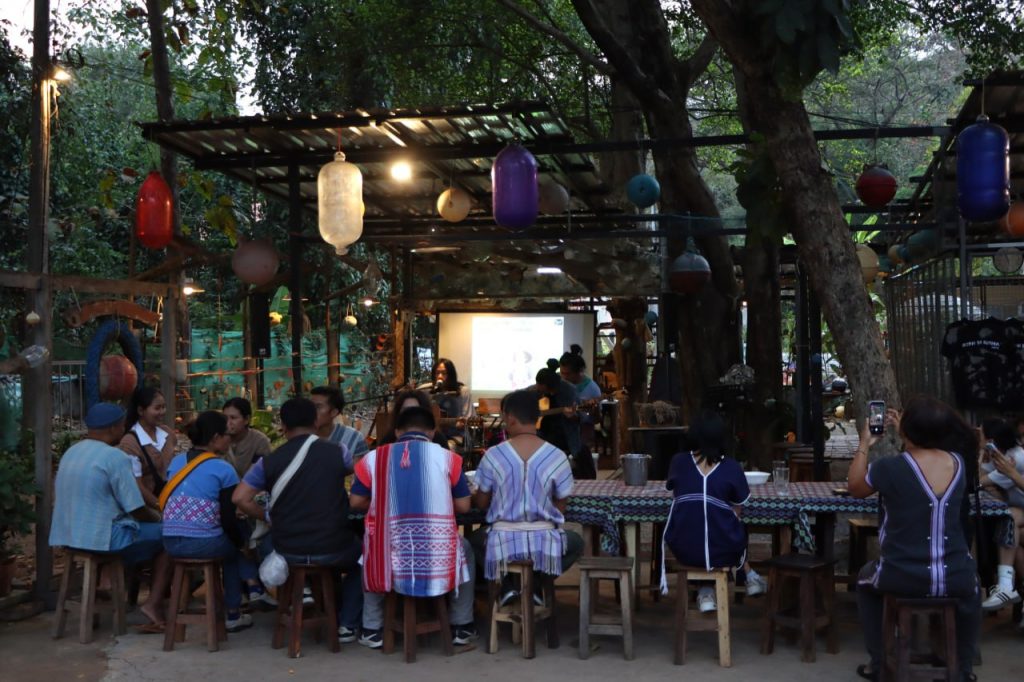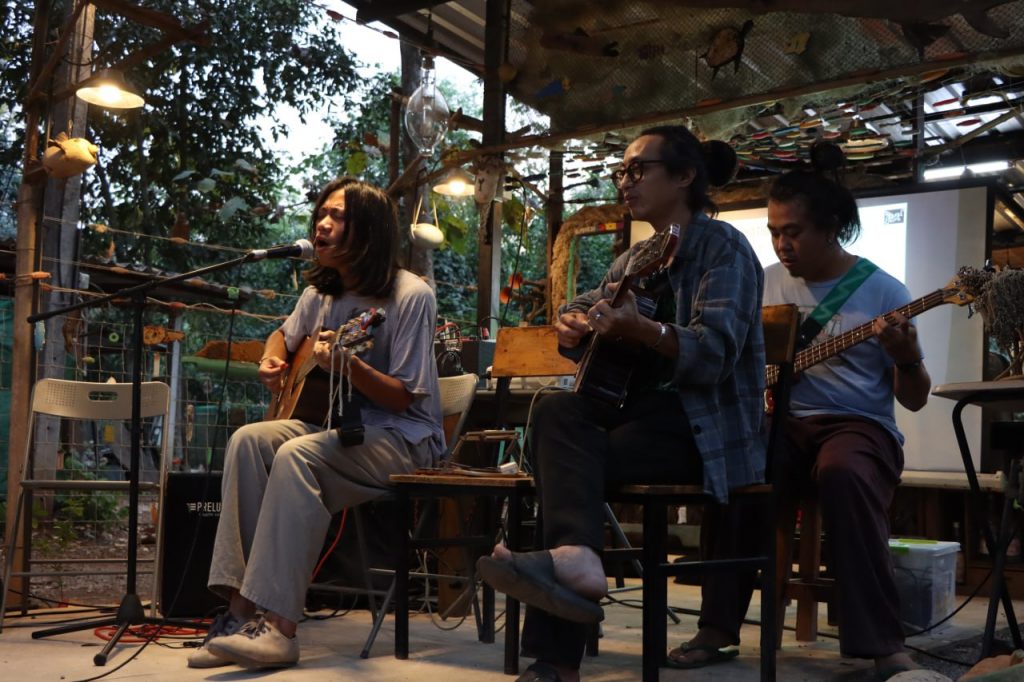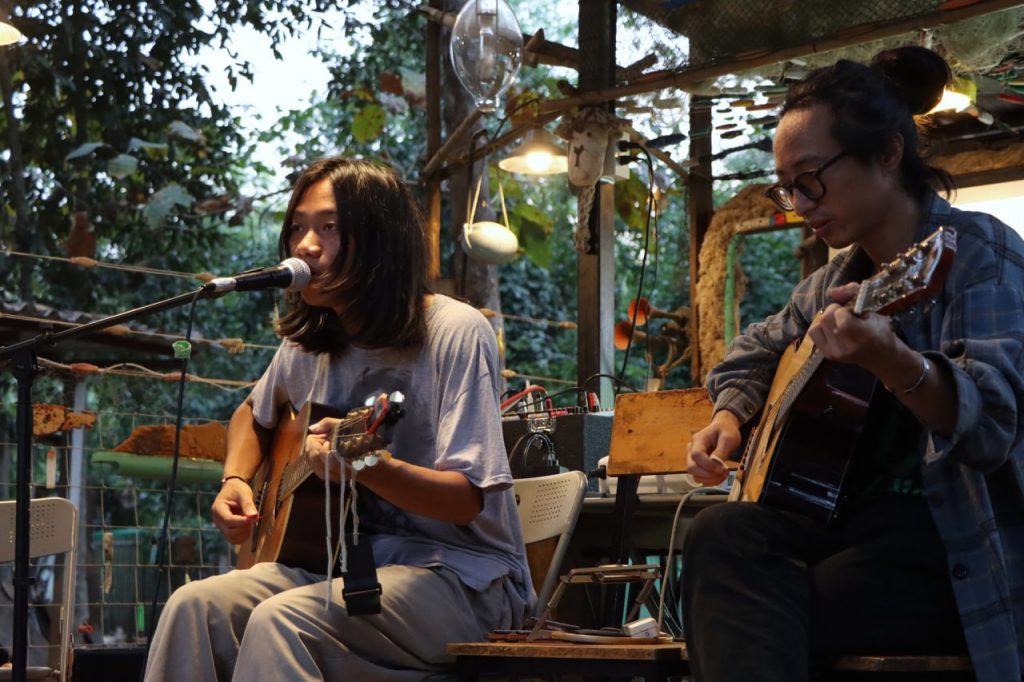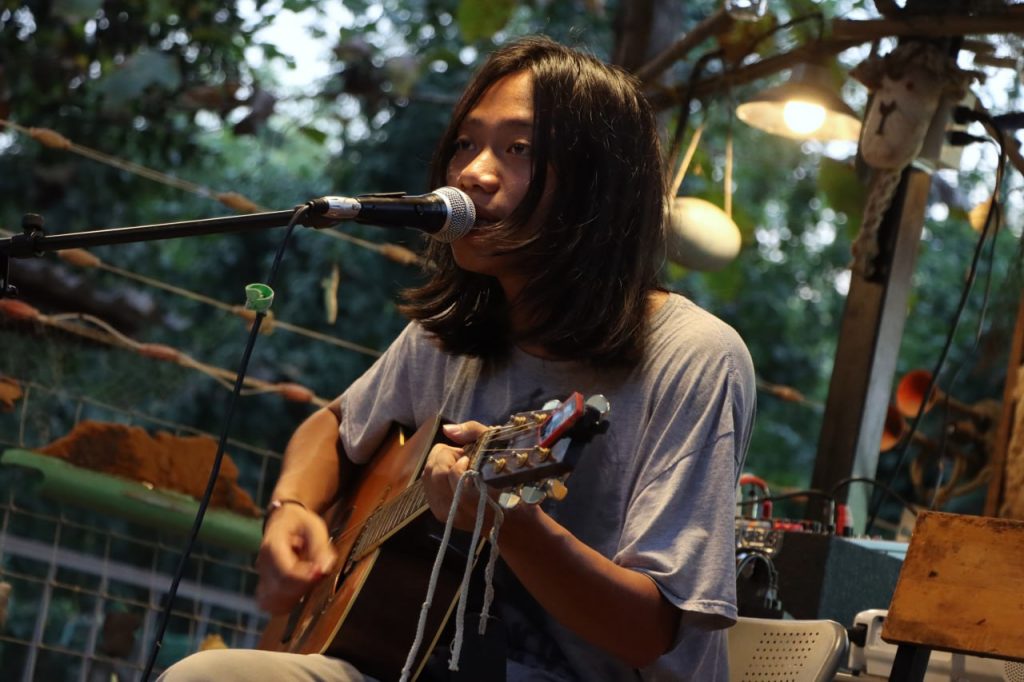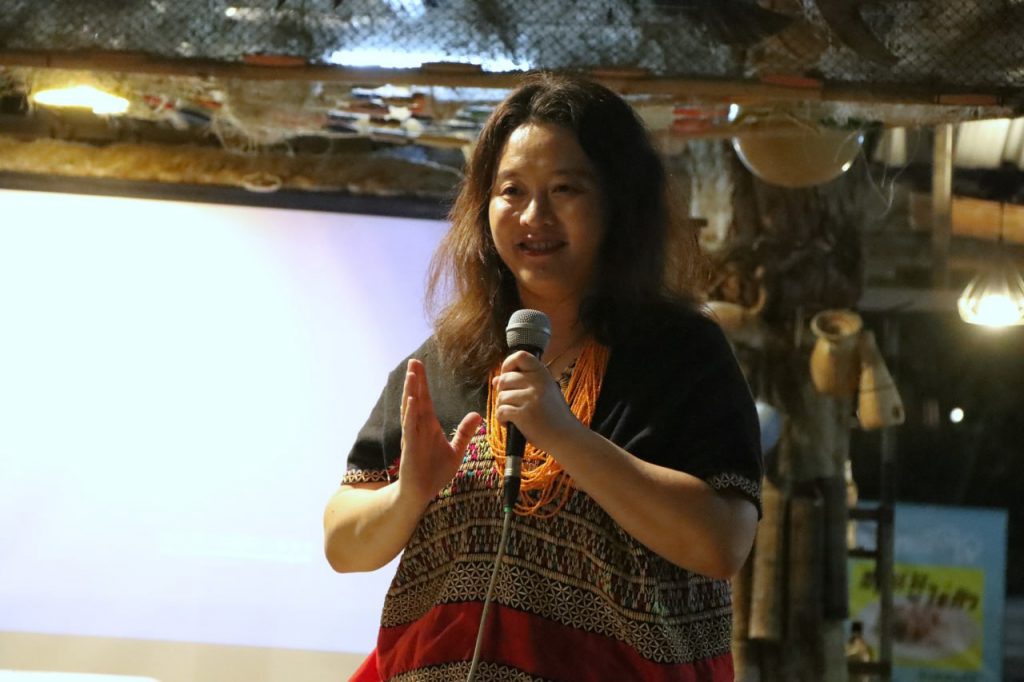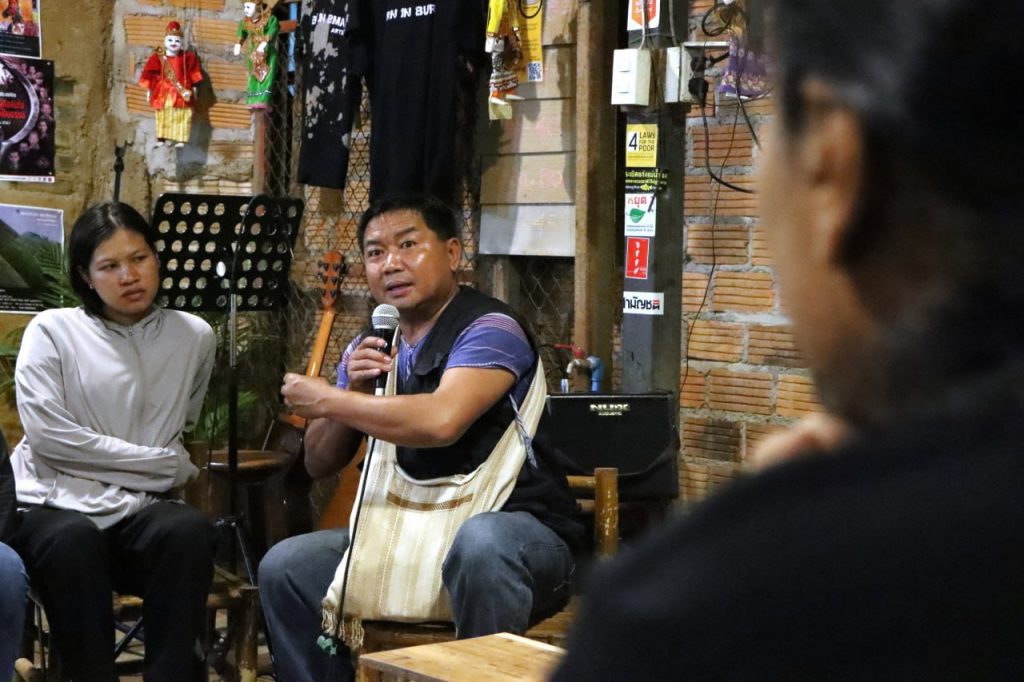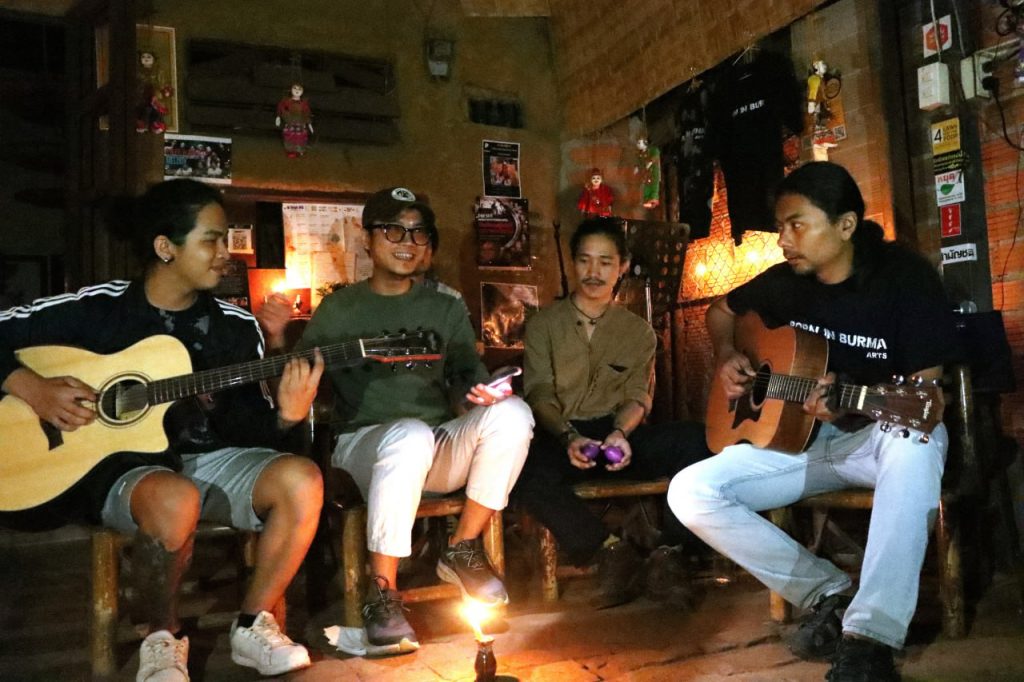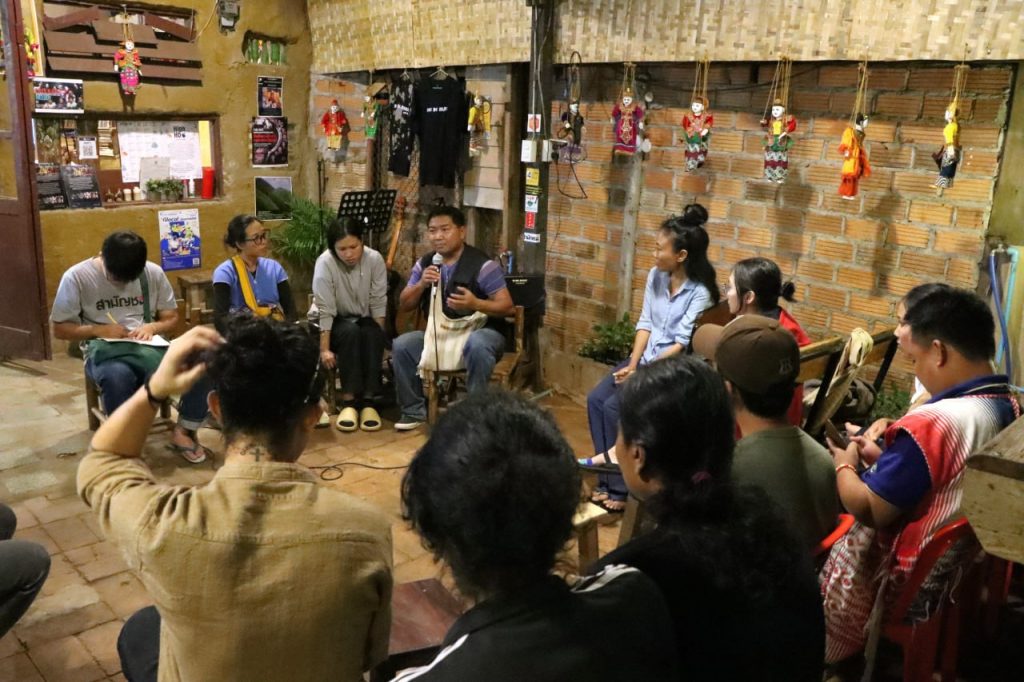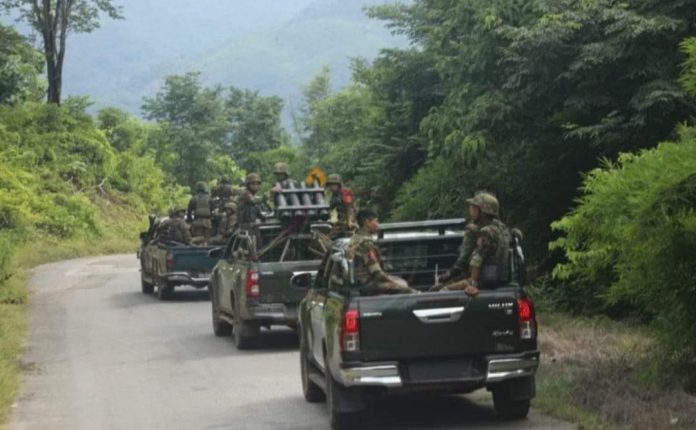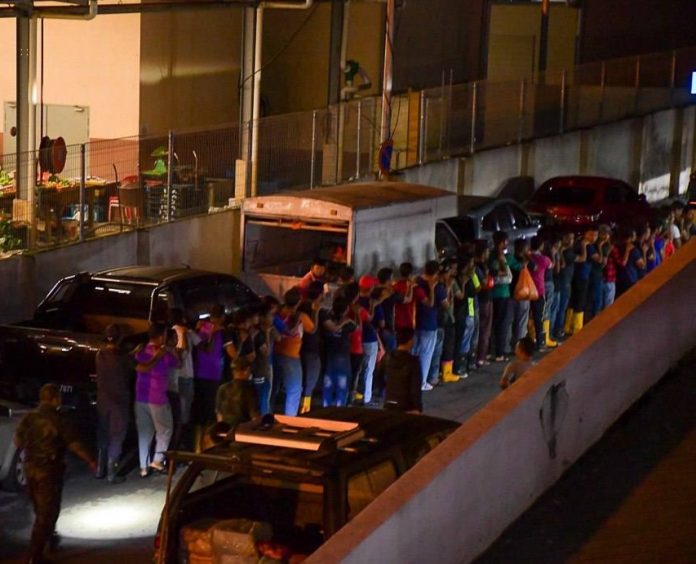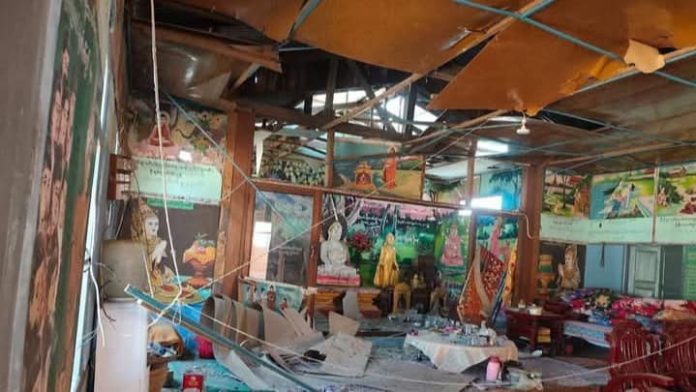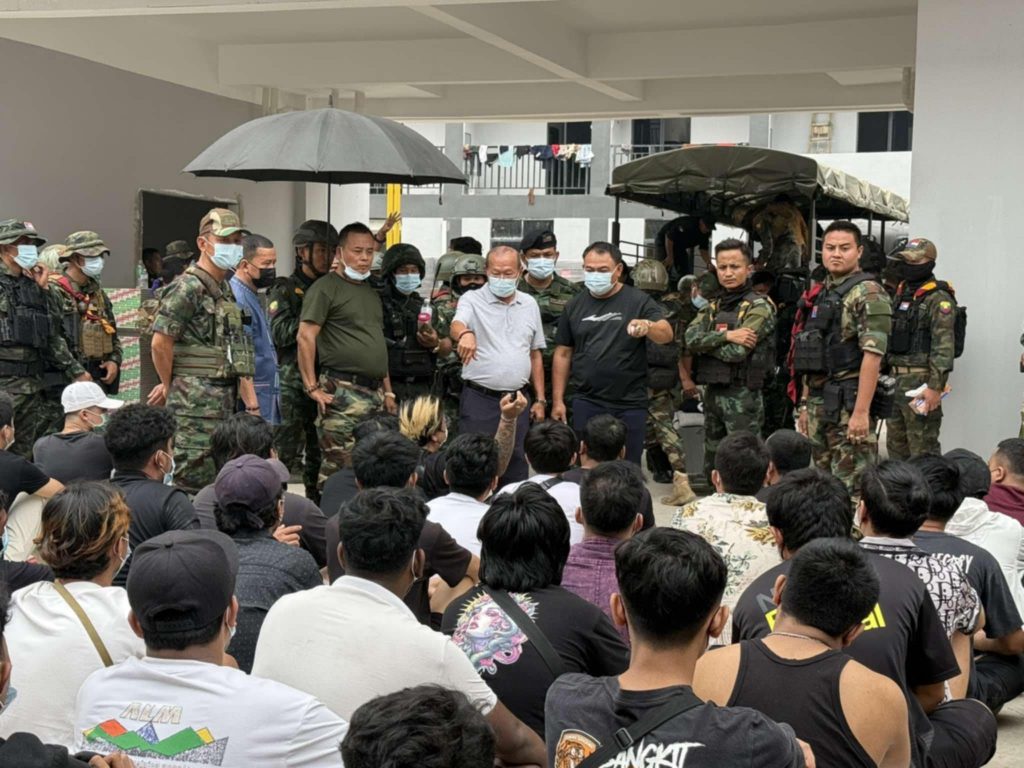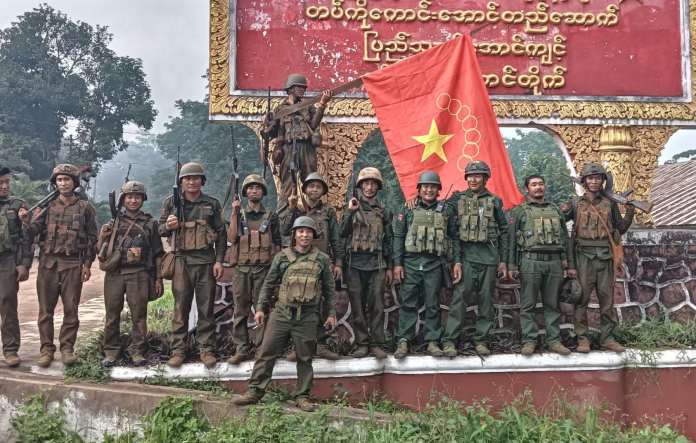Guest contributor
Antonio Graceffo
A delegation from the Ta’ang National Liberation Army (TNLA) recently traveled to Yunnan, China, to negotiate the terms of a Beijing-brokered ceasefire, even as clashes persisted in northern Shan State and across Myanmar.
Meanwhile, Naypyidaw’s delegation includes Ko Ko Oo, the commander of Military Operations Command 1 (MOC-1) in Kyaukme, northern Shan State.
He previously participated in negotiations with the Kokang ethnic armed group, the Myanmar National Democratic Alliance Army (MNDAA), a former ally of the TNLA. On Jan. 18, the MNDAA also signed a China-brokered ceasefire.
Ceasefires have been a recurring element in Myanmar’s internal conflicts since the country’s independence in 1948. In 1989, the State Law and Order Restoration Council (SLORC) initiated the first formal ceasefire with the National Democratic Alliance Army (NDAA), a group that had recently split from the Communist Party of Burma.
This agreement marked the beginning of numerous ceasefires between the central government and various ethnic armed organizations. For instance, the Kachin Independence Organization (KIO) entered into a ceasefire with the government in 1994, which lasted until 2011.
Similarly, the Karen National Union (KNU) signed a ceasefire in 2012 after decades of armed conflict. These agreements aimed to reduce hostilities and pave the way for political dialogue, culminating in the Nationwide Ceasefire Agreement (NCA) in 2015, signed by eight EAOs and the government. Despite these efforts, many ceasefires have been fragile, with conflicts resuming due to unmet political expectations and ongoing disputes.
According to Khun Bedu, the chairperson of the Karenni Nationalities Defence Force (KNDF), ceasefire agreements in Myanmar have consistently failed because the military does not grant the concessions that ethnic armed groups demand.
“Every time there’s a ceasefire agreement, they [the military] break it,” he told me. “Whenever they regain power, the [junta] starts sending back their troops and pressuring all these armed groups.”
He emphasized that past agreements have often been used as a military strategy rather than a genuine effort to achieve lasting peace. He further explained that some groups enter into ceasefires for practical reasons.
“The fighting is not good for a particular group’s business or interests,” he added. However, Khun Bedu stressed that these conflicts are also part of a broader political struggle. “As long as the country fails to address political demands, ceasefires will always break, and fighting will resume,” he added.
One common reason given for smaller groups entering ceasefires—despite supporting the revolution—is their size and proximity to junta forces. Many believe that if they were to take up arms, they would either be swiftly defeated or invite devastating airstrikes.
Some resistance commanders also argue that having a small ceasefire group as a buffer can relieve pressure on EAOs actively engaged in combat.
This strategic reasoning is also why key locations, such as larger cities and towns, are often left under SAC control, while EAOs focus on administering the surrounding ethnic territories. Sacrificing some areas, they contend, is a necessary compromise to sustain the fight.
However, a long-time veteran of the conflict dismissed this rationale entirely. “Everyone is too small and too close to the [junta] to fight. And yet, they are fighting. If they thought like this, there would be no revolution,” he said.
If being “too small” or “too close to the [junta]” is not the real reason for ceasefires, then the motivation often comes down to personal or organizational interests. A spokesperson for a prominent ethnic armed group, who requested anonymity to avoid causing friction between EAOs, explained that many ceasefire agreements are driven by self-preservation rather than national concerns.
“The ceasefires between some armed groups and the [junta] are based on their own organizational or personal interests, not national interests,” the spokesperson told me on the condition of anonymity.
He added that this is why certain groups maintain good relations with the junta and choose not to join the fight, despite widespread public support for the resistance. While some ceasefire groups maintain neutrality or prioritize self-preservation, others quietly support the revolution without engaging in direct combat. These groups navigate a delicate balance—avoiding open confrontation with the junta while still contributing to the broader resistance in strategic ways.
In Karenni State, the Karenni National People’s Liberation Front (KNPLF) exemplifies this dynamic. Historically maintaining a ceasefire with the Myanmar military, the KNPLF nevertheless expressed support for the revolution.
In June 2023, the group formally defected from the junta, aligning itself with anti-junta forces, including the Karenni Army (KA), the KNDF, and the People’s Defence Force (PDF). This marked a significant shift, transforming the KNPLF from a ceasefire group into an active participant in the resistance.
Another ceasefire group in Karenni State, the Kayan New Land Party (KNLP), signed an agreement with the government in the 1990s and has remained out of armed conflict since. While the KNLP has not publicly declared support for the revolution, it has quietly facilitated resistance efforts by allowing revolutionary forces to transit through its controlled areas.
The United Wa State Army (UWSA) and the Myanmar National Democratic Alliance Army (MNDAA) have historically maintained ceasefires with Myanmar’s central government. While both groups have not actively engaged in combat against the junta, their positions differ.
The UWSA maintains strict neutrality, focusing on self-governance within its territories and avoiding involvement in the current civil unrest. However, reports indicate that the UWSA has been a significant source of arms and ammunition for various resistance groups. This support has been substantial enough that, in mid-2024, China pressured the UWSA to reduce or cease its weapons sales to other groups, aiming to stabilize the region and limit the escalation of conflict.
The MNDAA has had a turbulent relationship with the central government. After maintaining a ceasefire from 1989 to 2009, intermittent clashes resumed in the following years.
In response, China has increasingly stepped in as a mediator, brokering ceasefires between the Myanmar military and ethnic armed organizations, primarily to safeguard its strategic interests in regional stability.
However, these agreements have repeatedly collapsed, raising doubts about Beijing’s approach and exposing the underlying fragility of such truces.
China’s primary motivation for brokering ceasefires is not genuine peacekeeping but the protection of its economic and strategic interests, particularly resource extraction, large-scale infrastructure projects like the China-Myanmar Economic Corridor (CMEC), and critical trade routes.
These corridors are essential to China’s economy, ensuring the steady flow of goods, energy, and raw materials. While border stability plays a role, Beijing’s involvement in ceasefire negotiations is largely transactional—aimed at preventing disruptions to its investments rather than addressing the root causes of Myanmar’s conflict.
This explains why many of China’s brokered agreements fail; they do not resolve the political grievances of EAOs but instead serve China’s economic interests. When clashes threaten key trade routes, such as those connecting Yunnan to Myanmar’s ports, China intervenes to secure temporary truces. However, once its interests are safeguarded, Beijing exerts little pressure to ensure compliance.
This pattern was evident in January 2025, when China facilitated a ceasefire between the junta and the MNDAA after fighting near strategic border trade hubs. It was the second such ceasefire in just over a year—the January 2024 ceasefire collapsed within months as neither side honored their commitments.
The frequent failure of these agreements highlights the fragility of China’s mediation, which is driven by economic necessity rather than a genuine commitment to resolving Myanmar’s civil war.
The repeated collapse of ceasefires in Myanmar stems from deep mistrust between the military and EAOs, as well as China’s self-interested mediation, which prioritizes economic stability over political reconciliation.
These agreements, lacking legitimacy and local support, serve as temporary pauses rather than lasting solutions, with conflict reigniting once immediate economic concerns are addressed.
At its core, Myanmar’s war is not just about armed survival but a fight for political transformation and federal democracy. The resistance seeks a decentralized system that grants ethnic states genuine autonomy over internal governance, security, and resource management—a demand no ceasefire agreement has addressed.
As long as these aspirations remain unmet, ceasefires will continue to fail. True and lasting peace can only be achieved when the junta steps down, general elections are held, and a federal system with meaningful state-level autonomy is established.
Antonio Graceffo, PhD, holds advanced degrees in economics and national security. A graduate of American Military University, he has spent more than 20 years in Asia, contributing to think tanks and international media.
DVB publishes a diversity of opinions that does not reflect DVB editorial policy. We’d like to hear what you think about this or any of our stories: [email protected]



